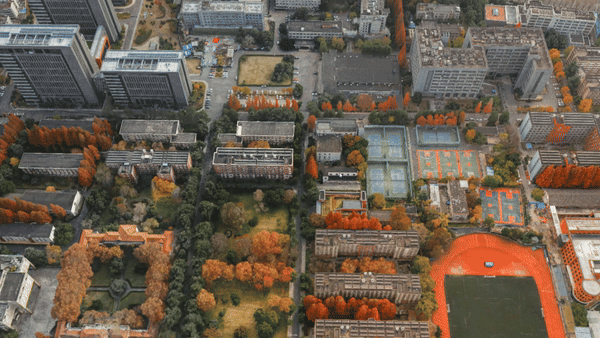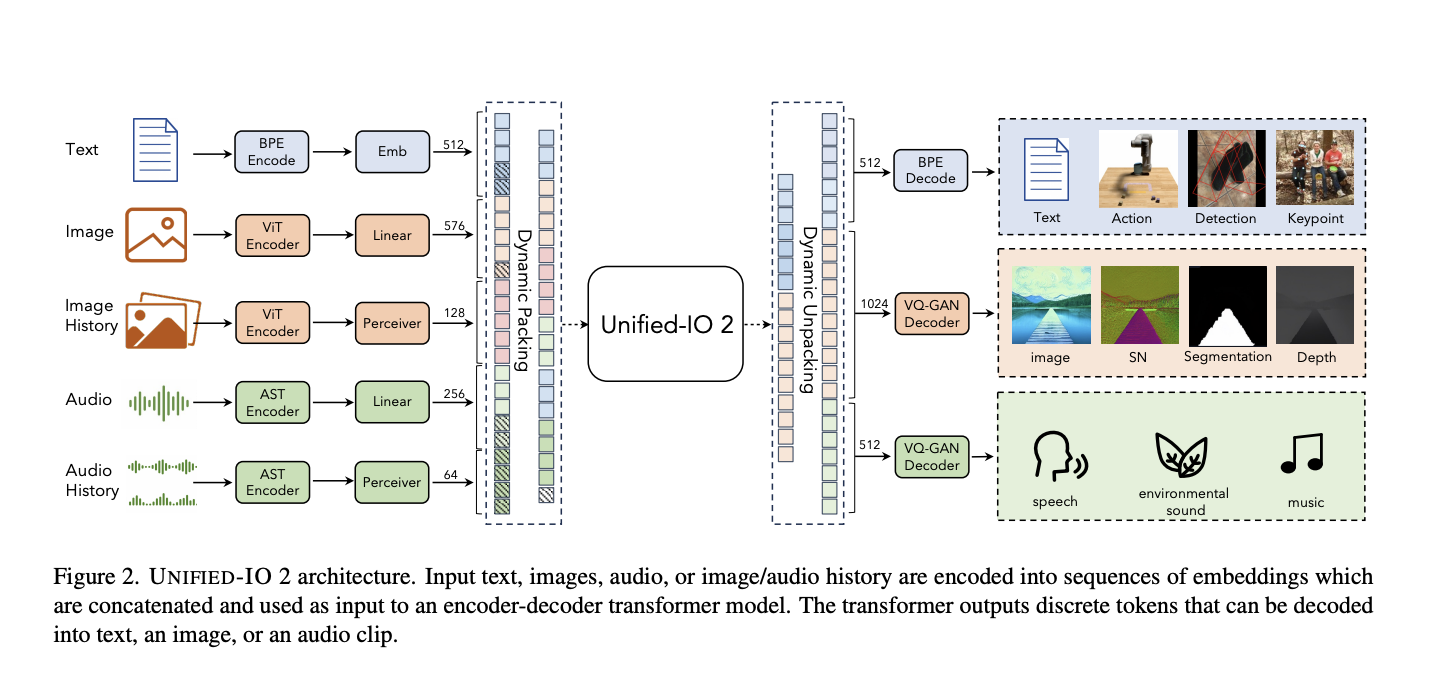Image created by Author with DALL•E 3
Prompt engineering, like language models themselves, has come a long way in the past 12 months. It was only a little over a year ago that ChatGPT burst onto the scene and threw everyone's fears and hopes for AI into a supercharged pressure cooker, accelerating both…









